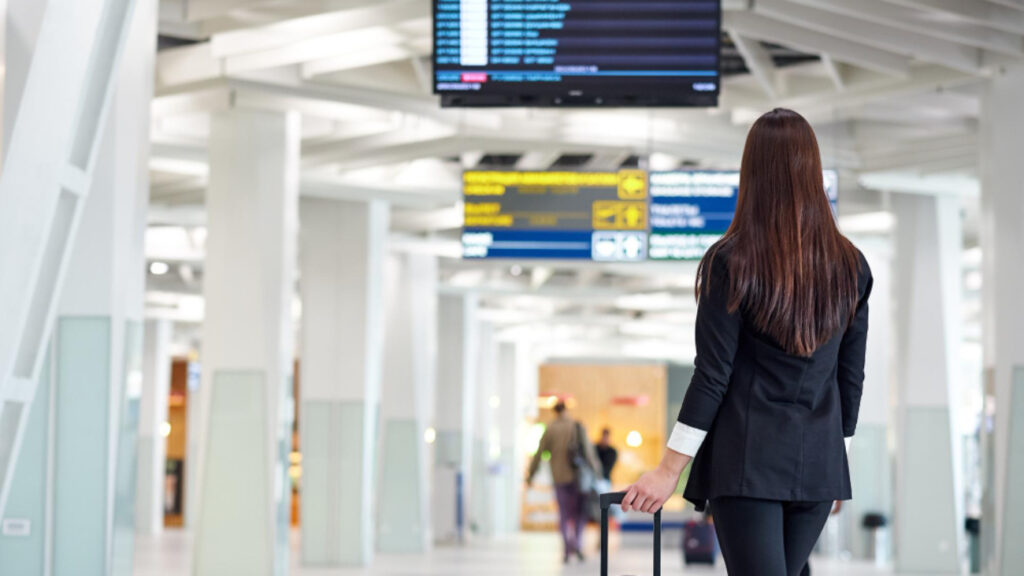The travel business to sum up, and airline traveller experiences have all been negatively impacted by several factors. These are slow boarding procedures, longer queues, lengthy transaction process at counter, and higher ground handling charges. It has become evident that the effects of these manual processes are unneeded, and expensive for airlines. Whether it be through rush hiring as a result of acute personnel shortages or significant aircraft delays.
Why is it necessary to go digital?
The actual travel documents that airlines must examine, and process include passports, visas, and those relating to visa waiver program. The list is really long. The best way of doing this is digitally and in advance. Travelers can complete any missing medical passes or visas and renew any expired documentation with the help of a simplified checklist, which also gives them time to complete any other steps.
Passengers can reduce, if not eliminate, the time they must spend at a check-in counter or dealing with an agent by digitising document verification. Airlines that have previously implemented these practices report enhanced passenger experiences, higher rates of online check-in, and on-time departures observed Bahaa Abdul Hadi
Some news from past
The need for hassle-free, paperless travel predates the COVID-19 pandemic. The Covid time has only served to emphasise and speed up the majority of the behavioural changes that are currently being observed in travelling passengers.
In fact, we anticipated that these developments would prompt the most significant advancements in travel. In a recent interview with a travel publication, I mentioned that VeriFly, a popular travel app for health credentials and travel documents, was developed to address issues that went far beyond COVID. Specifically, we made it possible to eliminate the entire load of physical travel documents.
Viewing the Future
The requirement for airlines to periodically scan passenger documents for current immunizations, booster shots, and other health documentation is likely to persist in the near future.
Travel as a sector is still only beginning to explore the potential of digital transformation. Errors faced during manual handling and verification of physical travel documents will be greatly reduced by the use of artificial intelligence (AI) and machine learning (ML) capabilities. These have already helped to significantly reduce costs and spur operational efficiencies.
It is imperative to keep moving away from boring document verification systems This will help travellers to communicate and receive information during their whole route, rather than only at one or two locations.
Leaders in the airline and travel sectors are now tasked with conceptualising, developing, and implementing innovations for tomorrow’s faster, wiser, and more seamless travel experiences.
Thank you for your interest in Bahaa Abdul Hadi blogs. For more information, please stay tuned to www.bahaaabdulhadi.com







